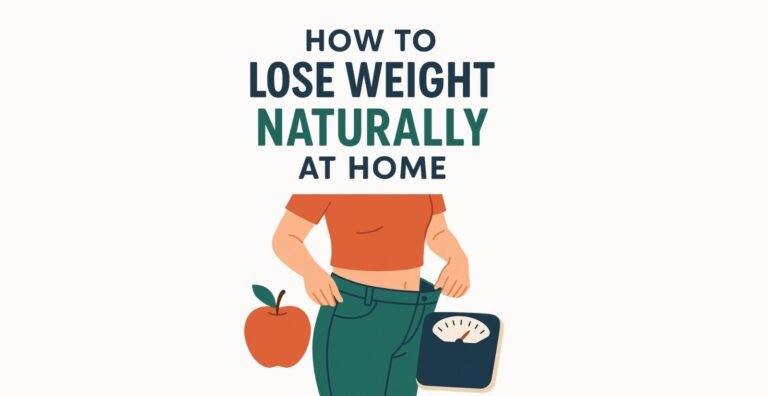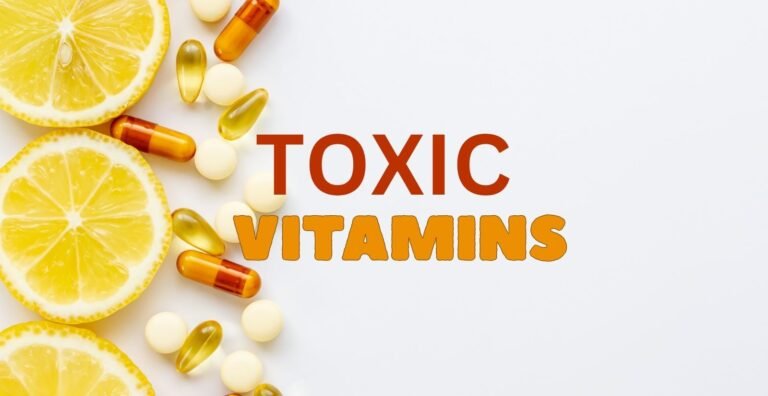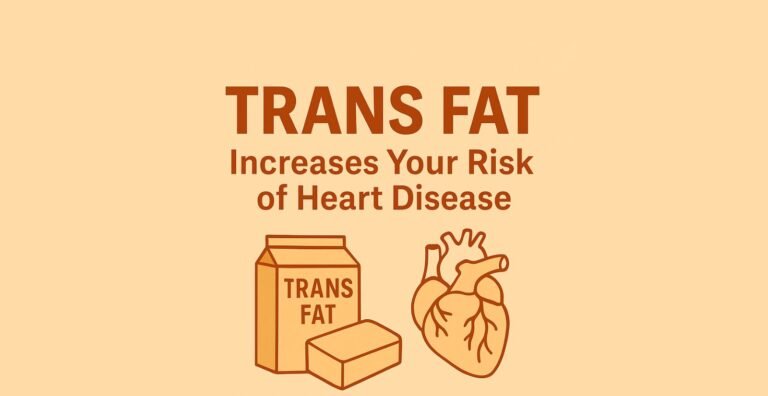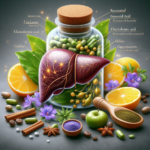Top Health & Wellness Product Reviews with Exclusive Sale Prices!
Here’s Why You’re Bloated — And How to Fix It?

Bloating is a common gastrointestinal complaint that many people experience at some point in their lives. It can lead to discomfort, a feeling of fullness, and even embarrassment. Understanding the reasons behind bloating and knowing how to alleviate it can significantly improve your quality of life. In this article, we’ll explore the causes of bloating, the role of certain foods, and effective remedies to help you feel better.
What is Bloating?
Bloating refers to the sensation of fullness or tightness in the abdomen, often accompanied by an increase in the size of the belly. It can be caused by gas buildup, overeating, food intolerances, and more. Bloating is not just an inconvenience; it can also signal underlying health issues.
Common Causes of Bloating
-
- Dietary Choices: Certain foods are notorious for causing bloating. Foods high in fiber, like beans, lentils, and certain vegetables, can lead to gas production during digestion. Additionally, processed foods high in salt can cause water retention, leading to bloating.
-
- Eating Habits: Eating too quickly or talking while eating can lead to swallowing air, which can contribute to bloating. Large meals can also overload the digestive system.
-
- Food Intolerances: Lactose intolerance, gluten sensitivity, and other food intolerances can trigger bloating. Identifying and eliminating these foods can provide relief.
-
- Digestive Disorders: Conditions like irritable bowel syndrome (IBS) and gastrointestinal infections can cause chronic bloating. If bloating persists, it may be wise to consult a healthcare professional.
-
- Hormonal Changes: Many women experience bloating due to hormonal fluctuations during menstruation or pregnancy.
Foods That Contribute to Bloating
1. Beans and Legumes
Beans are rich in protein and fiber but also contain oligosaccharides, which can cause gas and bloating. While they are nutritious, consider soaking them overnight or using canned beans, which may reduce their gas-producing properties.
2. Cruciferous Vegetables
Vegetables like broccoli, cauliflower, and Brussels sprouts are high in fiber and can lead to bloating when eaten in large amounts. Cooking these vegetables can help break down some of the compounds that cause gas.
3. Dairy Products
For those who are lactose intolerant, dairy products can lead to significant bloating. If you suspect lactose intolerance, try lactose-free products or consider dairy alternatives like almond milk or soy yogurt.
4. Wheat and Gluten Products
Many people experience bloating from gluten-containing foods like bread and pasta. If you suspect gluten sensitivity, try eliminating these foods from your diet and observe any changes.
5. Carbonated Drinks
Sodas and sparkling water can introduce gas into the digestive system, leading to bloating. Opt for still water or herbal teas to stay hydrated without the extra gas.
6. Processed Foods
High in preservatives and salt, processed foods can lead to water retention and bloating. Opt for fresh, whole foods whenever possible.
Foods That Alleviate Bloating
1. Ginger
Ginger is a well-known remedy for digestive issues. It can help relax the muscles of the gastrointestinal tract, reducing gas and bloating. Try ginger tea or add fresh ginger to your meals.
2. Peppermint
Peppermint is effective in relieving gas and bloating. Peppermint tea or peppermint oil capsules can help relax the digestive tract.
3. Fennel
Fennel seeds can help reduce bloating and gas. Chewing on fennel seeds after meals or drinking fennel tea can provide relief.
4. Bananas
Bananas are rich in potassium, which can help balance sodium levels and reduce water retention. They also provide soluble fiber, aiding digestion.
5. Yogurt
Probiotic-rich yogurt can support gut health and help alleviate bloating. Choose plain, unsweetened varieties for the best benefits.
6. Cucumbers
Cucumbers are hydrating and contain ascorbic acid, which can help reduce water retention and bloating.
Lifestyle Changes to Reduce Bloating
-
- Mindful Eating: Take your time when eating. Chew thoroughly and avoid distractions to reduce the amount of air you swallow.
-
- Stay Hydrated: Drinking enough water helps flush out excess sodium and reduces bloating. Aim for at least 8 glasses of water a day.
-
- Regular Exercise: Physical activity promotes healthy digestion and can help alleviate bloating. Aim for at least 30 minutes of moderate exercise most days of the week.
-
- Manage Stress: Stress can negatively impact digestion. Engage in relaxation techniques like yoga, meditation, or deep breathing exercises to manage stress levels.
-
- Keep a Food Diary: Tracking what you eat can help identify foods that trigger bloating. This knowledge can empower you to make better dietary choices.
When to See a Doctor
If bloating is persistent, severe, or accompanied by other symptoms like weight loss, diarrhea, or blood in stool, it’s essential to consult a healthcare professional. These could be signs of a more serious condition that requires medical attention.
Conclusion
Bloating can be uncomfortable and frustrating, but understanding its causes and remedies can help you manage it effectively. By paying attention to your diet, making mindful choices, and incorporating certain foods that alleviate bloating, you can improve your digestive health and overall well-being. If you continue to experience bloating, consider consulting a healthcare professional for personalized advice and treatment.







